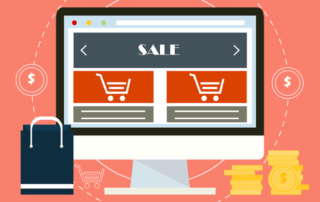Digital Authenticity
“There is no intellectual or emotional substitute for the authentic, the original, the unique masterpiece.” - Paul Mellon Before Internet access became prevalent, information shared was primarily through print, television and radio marketing. This made it easy for brands to control the perception of their products and services, and some companies took advantage of this through what is essentially false advertising. For example, when the medical community became concerned with the health risks associated with smoking, cigarette companies responded by having other health experts tout benefits of smoking such as improving digestion or protecting the lining of the throat. … Continue Reading Digital Authenticity






